As we commemorate the United Nations’ 80th anniversary, it is essential to reflect on the enduring legacy of UN peacekeeping. For nearly eight decades, Blue Helmets have been at the forefront of saving lives and fostering peace in conflict-ridden regions worldwide.
From Cyprus to Lebanon, and from the Central African Republic to South Sudan and the Democratic Republic of the Congo, over 76,000 civilian, military, and police personnel are currently serving in 11 missions globally. These dedicated individuals provide a beacon of hope for millions living amidst political turbulence and security threats.
In today’s ever-evolving landscape of conflicts and crises, it has become imperative to reassess the role of peacekeeping within the broader context of international peace and security. As President Abdel Fattah Al-Sisi rightly pointed out,
“peacekeeping should not be viewed as the sole means of maintaining peace.”
He emphasized the importance of preventive diplomacy, mediation, and addressing root causes to truly achieve sustainable peace.
The theme for this year’s International Day of UN Peacekeepers – “The Future of Peacekeeping
” – could not be more relevant. Today’s peacekeeping missions face unprecedented challenges characterized by prolonged conflicts intertwined with terrorism, organized crime, cyber warfare, disinformation campaigns, and technological advancements that have weaponized modern warfare.
UN Secretary-General António Guterres succinctly captured the current state by stating that “
Trust is in short supply among—and within—countries and regions.” This lack of trust poses a significant obstacle to achieving consensus on crucial matters within the UN Security Council.
One pressing issue confronting peacekeeping efforts is the widening gap between mission objectives and available resources. This imbalance undermines effectiveness by placing peacekeepers in volatile environments where true peace remains elusive. The Pact for the Future adopted at the 2024 Summit offers a pivotal moment for reflection on how best to support peace operations through sustained financing and comprehensive reviews aimed at reforming existing models.
Egypt has played a vital role in UN peacekeeping efforts for over six decades. With a history dating back to its deployment in Congo in 1960, Egypt has consistently been one of the top contributors to UN missions globally. Currently deploying 1205 peacekeepers across five African missions underscores Egypt’s unwavering commitment to upholding global peace and security.
Egypt’s leadership extends beyond troop contributions; it actively engages in shaping strategies for effective reform within peacekeeping operations. Through initiatives like CCCPA—an African Union Center of Excellence—Egypt advocates for context-sensitive approaches that prioritize prevention measures while enhancing women’s participation in line with global agendas promoting gender equality.
Moreover, Egypt hosts specialized training facilities aimed at enhancing skills among African and international uniformed personnel involved in peacekeeping operations. By actively supporting initiatives like A4P aimed at improving effectiveness within UN operations,Egypt demonstrates its readiness to lead by example when it comes to advancing global stability through robust multilateral cooperation.
In light of mounting challenges facing contemporary UN missions,Egypt reaffirms its steadfast dedication towards providing necessary support for initiatives like UN80 aimed at bolstering financial sustainability within global organizations.Additionally,Egypt stands ready to offer logistical support by hosting various United Nations’ agencies,a move that underscores its strategic position as a central hub connecting diverse regions crucial for fostering diplomatic relations during crisis situations.
As we navigate through turbulent times fraught with conflicts,the critical role played by countries like Egypt cannot be overstated.Empowering UN Peacekeepers with adequate resources,bolstered multilateral cooperation,and bold reforms will ensure that they remain an indispensable force driving global stability,hope,and resilience amid adversity.


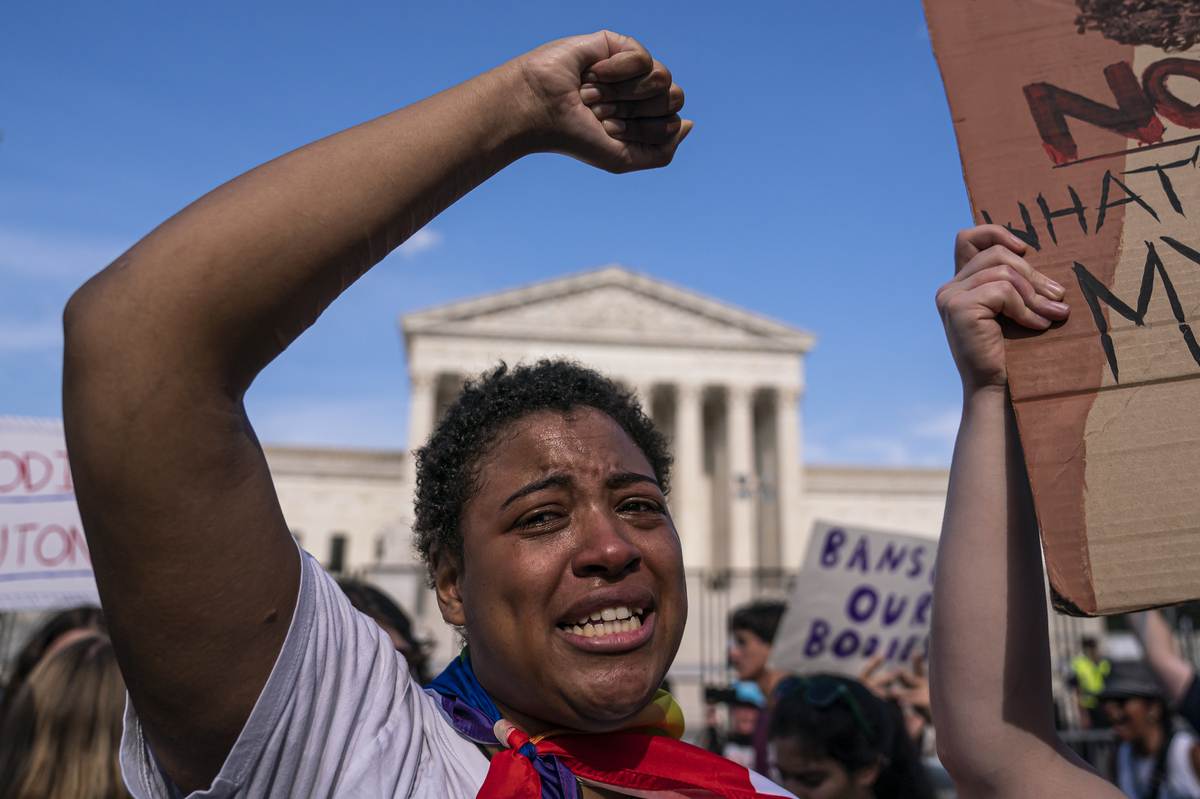

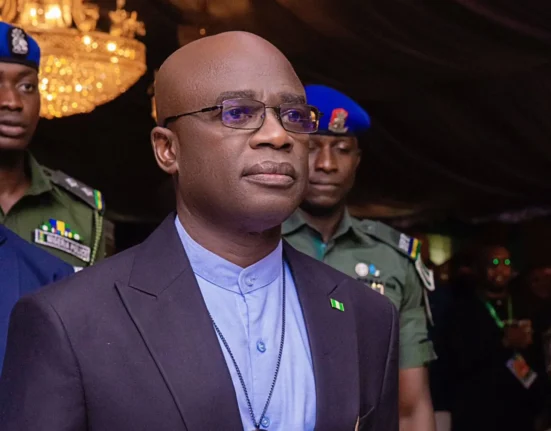

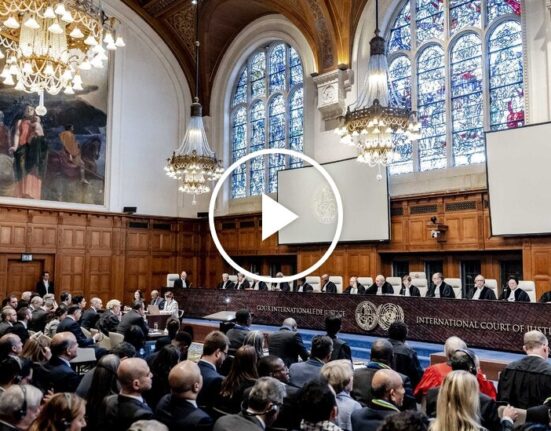
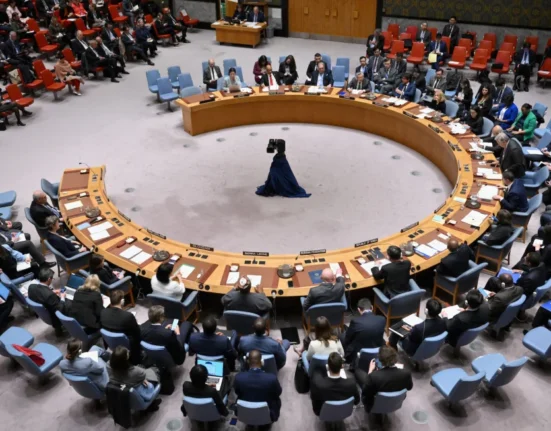
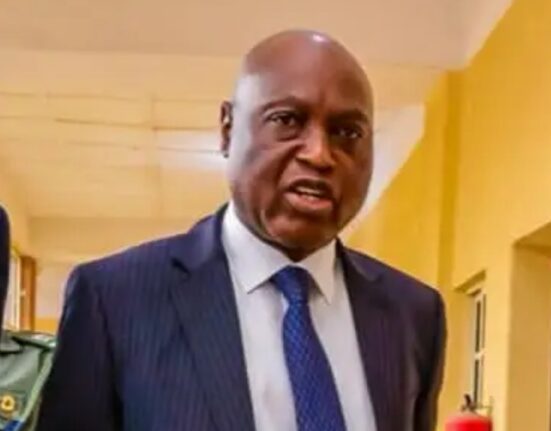
Leave feedback about this